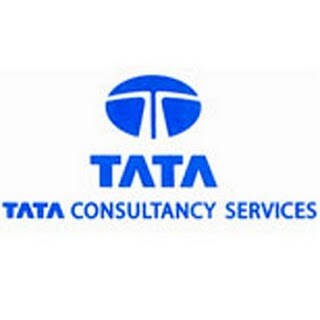
Outsourcing: India's Tata eyes China market as part of drive to go global
China is a fragmented market with lots of small players; India has more major global companies
Indian firms are looking to expand overseas: not just west, but also east to China, a market with huge domestic opportunities. One such firm is IT services group Tata Consultancy Services (TCS), a company with some 160,000 employees in 42 countries.
“The way it’s panning out in China is that multinationals have used Indian businesses and IT companies, especially the top ones quite well,” says Girija Pande, chairman of TCS Asia Pacific. “What they want to know is whether we are in China, and have we got the capability to manage their business in China.”
“With both those economies, the IT services market is booming,” Pande told INSEAD Professor Anil Gupta in an interview for INSEAD Knowledge. “China is a fragmented market with lots of small players; India has more major global companies -- so that’s the difference but both are growing very fast.”
Tata has a three-pronged strategy to expand its business in China. First, it aims to serve multinational customers that have expanded their business in China and need support. Second, it provides a sourcing base for servicing East Asian markets such as Japan, Korean and Taiwan. And third, it hopes to tap domestic demand for IT services and solutions.
But Pande notes there are a few things to bear in mind when doing business in China. Regarding staffing, some 94 per cent of its 1,100 employees in China are Chinese, led by a Chinese head of department. Language, he adds, is also given due attention. When TCS does a global rollout for a large multinational there, several Asian languages such as Mandarin, Cantonese, Korean, Japanese, Thai and Bahasa Indonesia can be handled in China.
This, he says, is different to India. “It can’t be offshored to India. So what we do effectively is the English-language countries get offshored to India in the low-cost centres, and these languages get offshored to China -- and that has a very important role when we globally roll out multinationals which are operating across all these countries.”
Outside of China though, Pande says moving Tata to the next phase of expansion will involve restructuring from within. “The challenges ahead are when you acquire talent and integrate global talent into your company, especially at senior management level -- how do we provide them the motivations that they are in a global company and not in a large Indian company...The good news for us is the Tata Group itself is globalising: two-thirds of Tata Group’s 60 million dollar income revenue comes from outside, maybe through acquisitions and maybe through growth. We have a parent group which is already globalising.”
One of their key strategies moving forward, he adds, is how to have “non-linear growth”, through intellectual property rights and licensing revenue, cloud computing, and ‘other opportunities’.
“Global footprint, global capital, global talent -- these are the three things that you need if you want to call yourself a truly global company.”
[This article is republished courtesy of INSEAD Knowledge, the portal to the latest business insights and views of The Business School of the World. Copyright INSEAD 2024]





